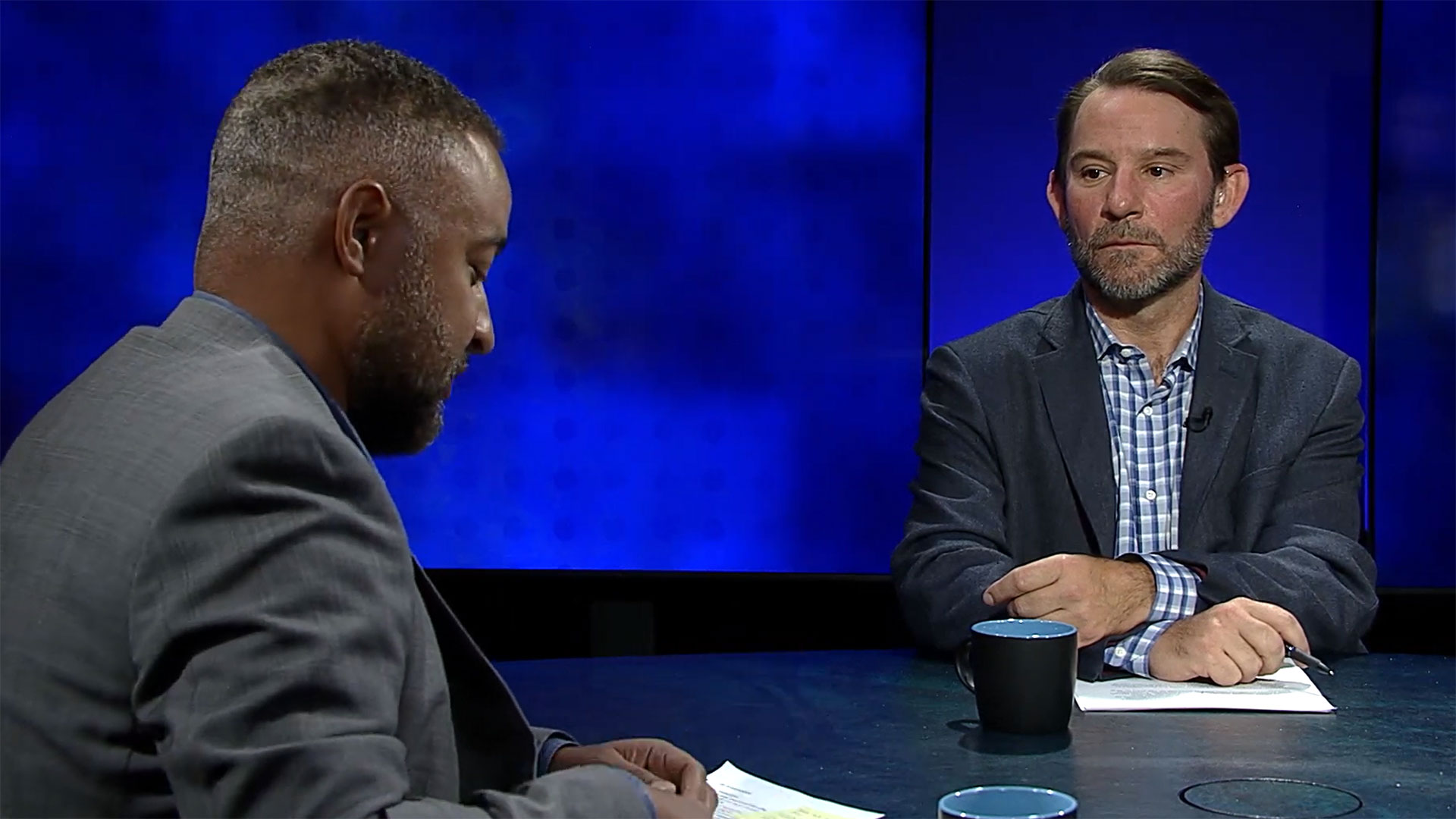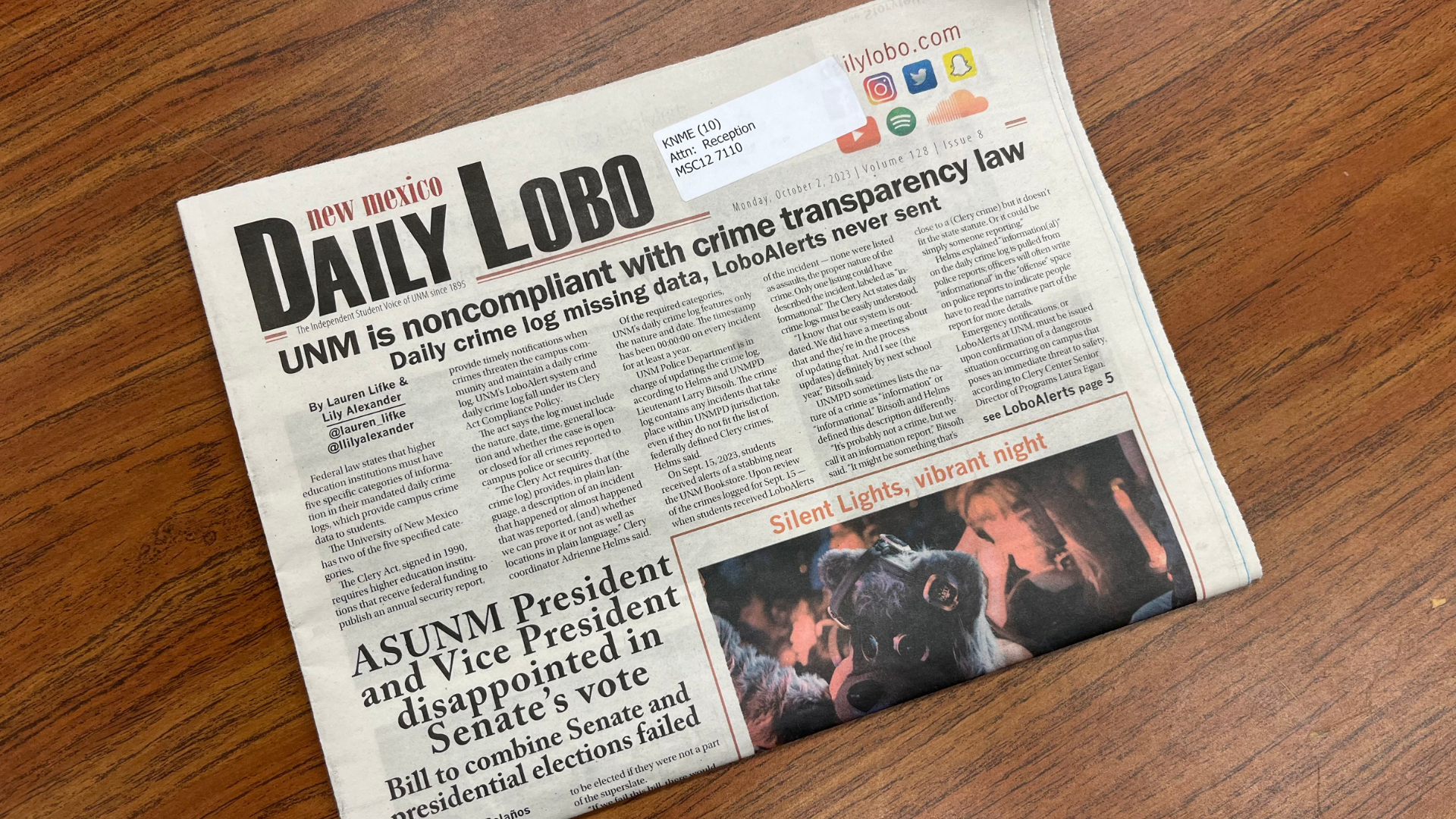Love and Memory on New Mexico in Focus
…from the beginning of time,
in childhood, I thought
that pain meant
I was not loved.
It meant I loved.
-Louise Glück, “First Memory”
Perhaps I’ve been straining to mention Louise Glück, whose poems have so shaped the way I think about the world, so driven the writing side of my journalism career — and who died two weeks ago. I’d been rereading Ararat, her 1990 masterpiece collection, and found myself revisiting “First Memory” over and over again, but couldn’t sort out why. Last night, it made sense.
My mind has been a deluge of memory this week, as we put together the latest episode of New Mexico in Focus, which is filled with segments whose themes, markers and people reach back to my first days as a reporter more than 20 years ago. Like so many in my industry, I’ve been lost many days of late in the question: Why am I still doing this? The news feed is a firehose of broken glass, yet I cannot step away from the torrent.
Pain, self-selected, means I was not loved. Of this, I was certain — as of about two weeks ago.
Last night, it made sense: Glück was right.
I started my career at the Daily Lobo, the student newspaper at the University of New Mexico. I knew, then, that love of place and life would always balance the pain of staying hyper engaged. I lost that in the cave of decades, but on Oct. 2, I read what, to my mind, is the best story I’ve seen in the Lobo in a couple of years: an investigation by reporters Lily Alexander and Lauren Lifke that exposed violations of the federal Clery Act at UNM. The two journalists joined me on the show this week to talk about their work, which very much reminded me of my first big Lobo story many years ago, documenting Medicaid fraud in the UNM Hospital pain clinic.
First memory, indeed.
The bulk of this week’s show comprises a longer stretch of memory for me: a roundtable discussion about New Mexico’s nation-leading rate of police shootings and the staggering paucity of criminal prosecution against cops who pull the trigger, even in the most egregious cases. This dichotomy made up a huge chunk of my beat at various news organizations from 2010 through 2022. Joining me at the table were two people with whom I’ve spent many hours discussing this and myriad other issues related to the criminal legal system through the years: Leon Howard, a longtime civil rights attorney and deputy director of the American Civil Liberties Union of New Mexico, and retired Metropolitan Court Judge Sharon Walton — two people who have law degrees, which I do not, and who have taken the time to help me understand more deeply the subject matter about which I’ve written.
More memory, much of it painful.
The third guest was Joshua Bowling, an investigative reporter at the fabulous Searchlight New Mexico. Bowling wrote the stories that prompted our conversation at the table, and he has in a relatively short space of time produced some fine journalism on what was for many years a very lonely beat.
The four of us leaned into a conversation that never produces satisfying answers. But I was heartened for the first time in a while, reminded of a community engaged in exposing the systemic failures that lead to our state’s grim police shooting statistics, committed to thinking through a better way forward.
New Mexico in Focus closes this week with, for me, more memory and a clearer path to love. I’ve mentioned in this space before that Our Land Senior Producer Laura Paskus has been a close friend and journalism comrade since the early 2010s. Her work has necessitated many long chats, many of them painful, about the Gila River. I had a small role in editing a series of stories Laura wrote in 2016, when we were both at New Mexico In Depth, at the height of official plans to divert the state’s last wild river. The stories documented policy fights and competing interests with heart and nature, as so much of Laura’s work has always done. It was a difficult series, though.
Her new piece, a collaboration with NMPBS Production Manager Antony Lostetter, is something different: from my point of view, not a love letter to the Gila — that would be too simple a description — but a direct line to what should be collective memory that informs what should happen next, all rooted in love of place, love of things that should remain as they are. It is one of the most beautiful pieces of visual, narrative journalism I have ever seen.
This week’s episode is everything I hoped New Mexico in Focus could be when I took this job seven months ago: nuanced, uncomfortable, relevant and concluded with a Laura Paskus field piece. Good fortune for me that it clarified some pain through memory and love.
-Jeff Proctor, Executive Producer
-
Love and Memory on New Mexico in Focus
…from the beginning of time,in childhood, I thoughtthat pain meantI was not loved.It meant I loved. -Louise Glück, “First Memory” Perhaps…
-
Daily Lobo Journalists Uncover Clery Act Violations at UNM
10.27.23 – Earlier this month, the Daily Lobo student newspaper broke a story documenting the University of New Mexico’s violations of…
-
Police Shootings in New Mexico: The Prosecutions
10.27.23 – In the second part of a two-part discussion on police shootings, Jeff asks the group why legislators are advocating…
-
Police Shootings in New Mexico: The Investigations
10.27.23 – This week on New Mexico in Focus, we have an in-depth two-part conversation about police shootings in New Mexico.…






